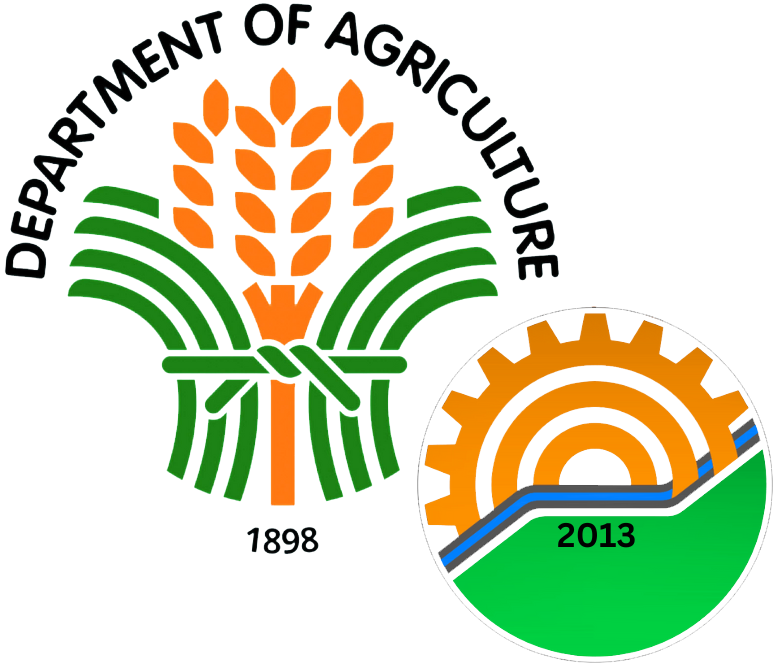

DEPARTMENT OF AGRICULTUREBUREAU OF AGRICULTURAL AND FISHERIES ENGINEERINGSugar Center, Annex II Building Extension, North Avenue, Diliman Quezon City




QUEZON CITY – The Department of Agriculture – Bureau of Agricultural and Fisheries Engineering (DA-BAFE) conducted a Consultation Meeting on the finalization and approval of the Harmonized Mechanization Index (HMI) Tool held at Citadines Hotel, Quezon City, the meeting brought together key stakeholders to finalize the technical aspects and gather essential feedback on the HMI, which will play a vital role in planning and implementing mechanization strategies across the agricultural sector.

The meeting aimed to ensure that the HMI Tool meets the needs of the sector by providing a comprehensive framework for evaluating agricultural operations. Discussions focused on refining the tool’s components, criteria, and implementation strategies, ensuring its relevance and effectiveness in promoting agricultural mechanization.
In his opening statement, delivered by BAFE Director Baldwin G. Jallorina, Secretary Francisco P. Tiu Laurel Jr. highlighted the milestone achievement of developing a Database Management Information System (DBMIS) in collaboration with the Food and Agriculture Organization (FAO) – Philippines to harmonize the mechanization tool for computing the Level of Mechanization in rice and corn production. He emphasized its potential to address farmers’ needs, optimize resources, and modernize agricultural practices while encouraging stakeholders to actively participate in the National Consultation Workshop to ensure the success of this initiative for a resilient, innovative, and competitive agricultural sector.
“This system will equip us to better address the needs of our farmers, optimize resources, and further enhance further our mechanization practices.” The Secretary stated.
One of the key recommendations is the promotion of partnerships for the Harmonized Mechanization Index (HMI) adoption. The FAO suggests utilizing the existing National Agricultural and Fisheries Mechanization Program (NAFMP) Technical Working Group to streamline efforts and improve collaboration across relevant agencies.
FAO’s policy recommendations also highlighted several challenges faced by local government units (LGUs) in the effective implementation of mechanization programs. One of the major constraints identified is the readiness of beneficiaries to operate and maintain machinery interventions. To address this, the FAO emphasized the need to assess the ownership of existing machinery by farmers and service providers to better understand where gaps exist and explore ways to incentivize farmers for greater mechanization adoption.
The FAO also pointed out the lack of a comprehensive database for machine service providers, which could be a contributing factor to low Level of Mechanization (LOM) in certain regions. It was recommended that such documentation be established to enhance data accuracy and improve mechanization efforts.
In terms of capacitation and implementation, the FAO stressed that while identifying the LOM of a given year is possible, it presents significant challenges due to the time, financial resources, and focus required. To address this, convergence with other agencies has been proposed.
The meeting underscored the importance of these collaborative efforts in enhancing mechanization in the agriculture sector, ultimately aimed at improving productivity and sustainability for farmers across the country.###DA-BAFE ICST
